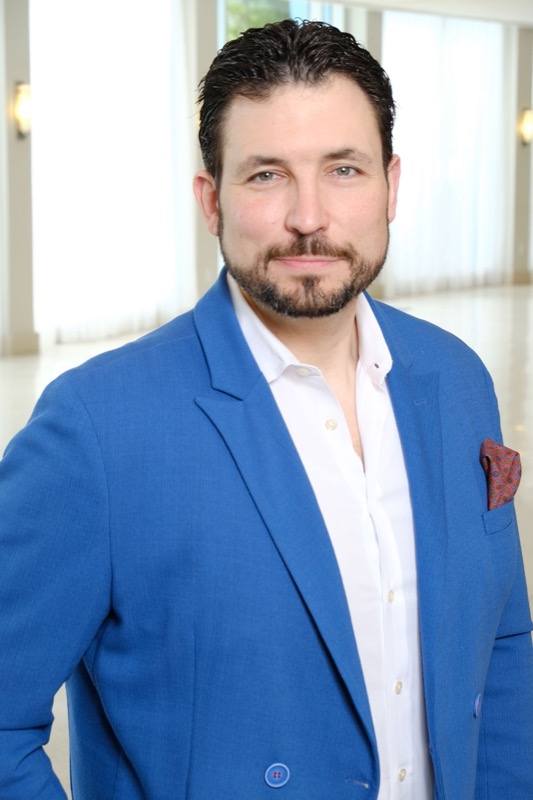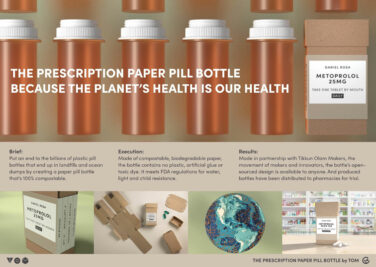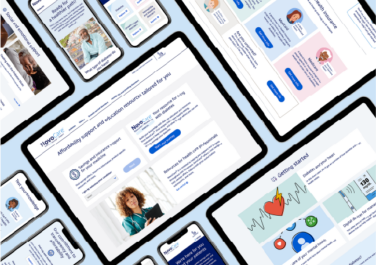The newly appointed President of OptimizeRx talks about how his personal healthcare experience put him on a mission to develop technology to improve how the industry operates.
In November 2023, OptimizeRx announced a couple of significant changes. One, the company completed its acquisition of Medicx Health, a healthcare consumer-focused omnichannel marketing and analytics company known for its Micro-Neighborhood Targeting and cookieless MX# tracking technologies. Second, the company elevated Steve Silvestro to the role of President after his success as Chief Commercial Officer for the past four years during which he helped develop the company’s TelaRep marketing solution and Dynamic Audience Activation Platform (DAAP).
Steve spoke with PM360 about the big changes for the company and what he would like to see the industry do better in 2024.
PM360: What was behind your company’s decision to acquire Medicx and how will it impact how the company operates in 2024?
Steve Silvestro: A few years ago, we patented and released our real-world evidence solution that uses machine learning and artificial intelligence (AI) on longitudinal patient-level data, such as claims, EHR, lab, etc., to create dynamic audiences. While most marketers are using NPI or other static lists to reach healthcare providers (HCPs), one of the things we’ve seen over our tenure of communicating with HCPs is timing of communication is critical, because without the timing element of the patient’s diagnosis and subsequent treatment selection, you’re missing half the equation. DAAP has enabled us to discover brand-eligible patients based on factors such as prior diagnosis, prior therapy, or insurance, and execute messaging at the right time to the HCP seeing that patient. While we have used this technology to improve HCP engagement, it made sense for us to explore how we can improve in direct-to-patient communication.
The negative impact cancer has on our country, more profoundly than any other country in the world, is just unacceptable given all the technological advancement we’ve had as a society.
Medicx stood out among everybody else in that area due to their growth over the past few years in deploying audience activation within DTC marketing. We recognized the ability to take our DAAP and plug it into Medicx’s technology to provide marketers and agencies with real-time physician and patient activation and the ability to report back on those activities in a cohesive, transparent, and deterministic way.
Beyond that, what do you think is the next area within the industry most primed or in need of a technological upgrade?
In the dynamic GLP-1 space, Eli Lilly recently announced the approval of Mounjaro for weight management and Novo Nordisk already has Wegovy, but those drugs present an interesting direct-to-consumer play. A script is obviously still required, but technology is on the horizon that will make it clear for patients to become brand eligible for lifestyle- like drugs or therapies in a way that doesn’t necessarily tax the HCP community like it has before.
My family is from Italy and when you look at European markets, most of the therapies being administered are handled in the pharmacy. It’s a little more of an efficient model because the dialogue can happen between the pharmacist and the patient, unless there is a requirement for an HCP to be involved. The U.S. is a little slower to catch on because obviously specialists want to make sure they’re diagnosing correctly and monitoring side effects, but as side effect profiles are lessened and physicians and the FDA become more comfortable with these lifestyle therapies we’re probably going to move into an environment where technology can validate and subsequently enable therapy onboarding.
I know you have experience as a cancer survivor and as a support system for family members who have been patients. How has that impacted your approach in the industry?
As I’ve reflected back on my own cancer journey, I realize how fortunate I am. I was blessed to catch the tumor myself by sheer happenstance. I bit my tongue at dinner while on a trip in New York and thought nothing of it. When it didn’t heal for several weeks, I sought the opinion of my primary care physician who suggested I see an oral surgeon. After the biopsy results came back, I was diagnosed with squamous cell carcinoma. Fortunately, I got a referral to a leading hospital in Boston and within the next 48 hours, I was in surgery. That was a huge wake-up call about the quality of care that’s required, the timing of that care, and the need to advocate for oneself to achieve a favorable outcome.
My father, on the other hand, wasn’t as lucky. He had a skin cancer that went undetected for a period of time until a biopsy found he had stage-four metastatic melanoma. The most effective drugs in the fight against melanoma have shown to be immune therapies which is the route his providers took. Unfortunately, my father was on an immunosuppressant for an immune reaction he had in his spinal fluid due to exposure to Agent Orange during his military career. It was a very complex problem. He was seeing a neurologist who administered this immunosuppressant while also taking an immunotherapy to fight the cancer. Ultimately, these two drugs were counteracting each other and weren’t effective in prolonging life. The frustrating part as a caregiver was witnessing the neurology department at the hospital couldn’t effectively communicate with the oncology department because they’re in different buildings and the EHR systems didn’t communicate with each other. So I was literally running CD-ROMs two blocks up and two blocks down throughout the past two winters. It was so inefficient that it just didn’t give the physicians enough time to intercede with my dad’s treatment fast enough.
No one is to blame, but boy do we have a lot of work left to do to improve our system for cancer patients. The absolute lack of care coordination and data share is driving a lot of the issue and as I said earlier, time to therapy is key in cancer. So for me, this is mission driven. The negative impact cancer has on our country, more profoundly than any other country in the world, is just unacceptable given all the technological advancement we’ve had as a society.
Given that experience, what would be your dream project for 2024 that can actually be completed with today’s current technology?
I’m sort of headed in that direction, which is taking DAAP and trying to use it to drive more interoperability between systems. We have an ability to create interoperability where interoperability hasn’t existed in the past and because EHR companies are massively fragmented. By design, these guys are competing with one another.
I want to try to avoid that competition from getting in the way of people getting the information they need to treat patients. So, I’m looking forward to taking DAAP to the next level and creating more interoperability.







